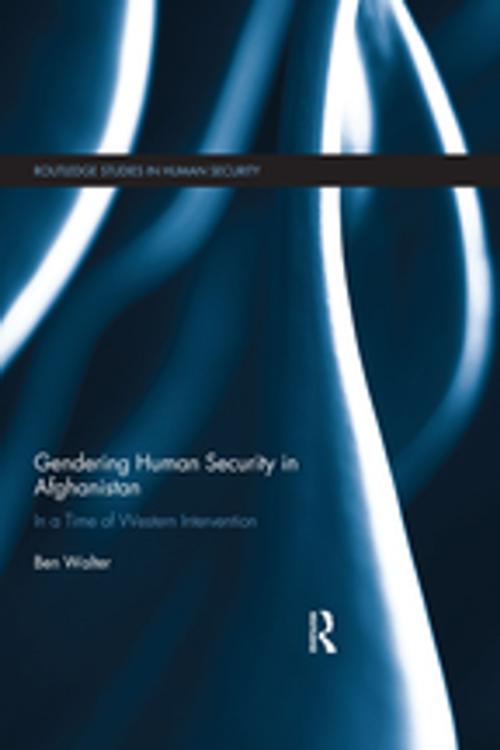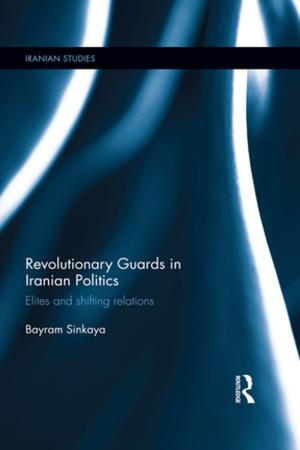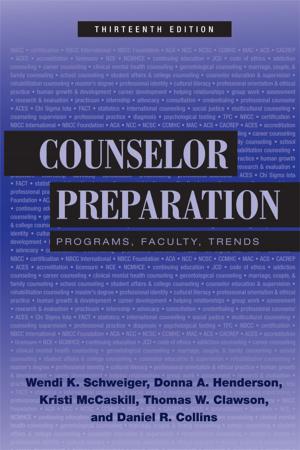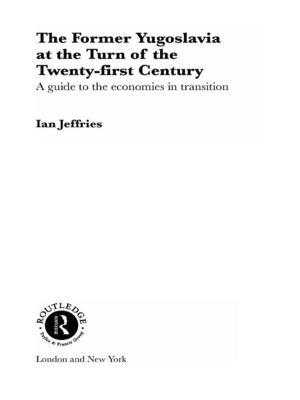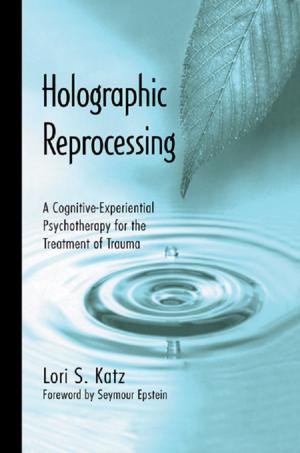Gendering Human Security in Afghanistan
In a Time of Western Intervention
Nonfiction, Social & Cultural Studies, Political Science, International, International Security, History, Military| Author: | Ben Walter | ISBN: | 9781317265191 |
| Publisher: | Taylor and Francis | Publication: | June 14, 2017 |
| Imprint: | Routledge | Language: | English |
| Author: | Ben Walter |
| ISBN: | 9781317265191 |
| Publisher: | Taylor and Francis |
| Publication: | June 14, 2017 |
| Imprint: | Routledge |
| Language: | English |
This book employs the concept of human security to show what the term means from the perspective of women in Afghanistan.
It engages with a well-established debate in academic and policy-making contexts regarding the utility of human security as a framework for understanding and redressing conflict. The book argues that this concept allows the possibility of articulating the substantive experiences of violence and marginalisation experienced by people in local settings as well as their own struggles towards a secure and happy life. In this regard, it goes a long way to making sense of the complex dynamics of conflict which have confounded Western policy-makers in their ongoing state-building mission in Afghanistan. However, despite this inherent potential, the idea of human security still needs refinement. Crucially, it has benefitted from critical feminist and critical social theories which provide the conceptual and methodological depth necessary to apprehend what a progressive ethical program of security looks like and how it can be furthered. Using this framework, the work provides a critical reconstruction of the effect of the US-led Western Intervention on women’s experiences of (in)security in the three provincial contexts of Nangarhar, Bamiyan and Kabul. This reconstruction is drawn from a wealth of historical and contemporary sociological research alongside original fieldwork undertaken in Delhi, India, during 2011 with women and men from the country’s different communities.
This book will be of much interest to students of human security, state-building, gender politics, war and conflict studies and IR in general.
This book employs the concept of human security to show what the term means from the perspective of women in Afghanistan.
It engages with a well-established debate in academic and policy-making contexts regarding the utility of human security as a framework for understanding and redressing conflict. The book argues that this concept allows the possibility of articulating the substantive experiences of violence and marginalisation experienced by people in local settings as well as their own struggles towards a secure and happy life. In this regard, it goes a long way to making sense of the complex dynamics of conflict which have confounded Western policy-makers in their ongoing state-building mission in Afghanistan. However, despite this inherent potential, the idea of human security still needs refinement. Crucially, it has benefitted from critical feminist and critical social theories which provide the conceptual and methodological depth necessary to apprehend what a progressive ethical program of security looks like and how it can be furthered. Using this framework, the work provides a critical reconstruction of the effect of the US-led Western Intervention on women’s experiences of (in)security in the three provincial contexts of Nangarhar, Bamiyan and Kabul. This reconstruction is drawn from a wealth of historical and contemporary sociological research alongside original fieldwork undertaken in Delhi, India, during 2011 with women and men from the country’s different communities.
This book will be of much interest to students of human security, state-building, gender politics, war and conflict studies and IR in general.
